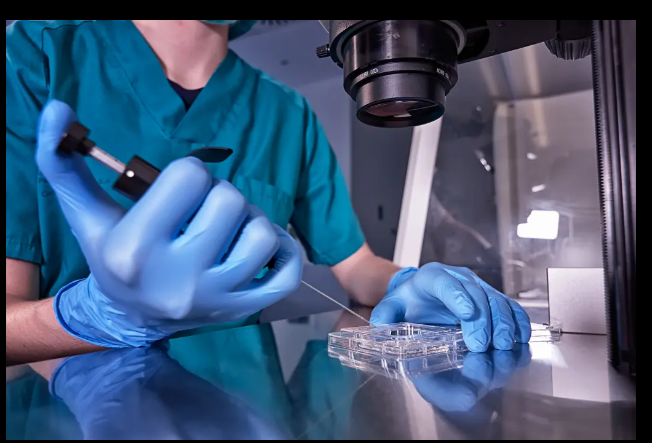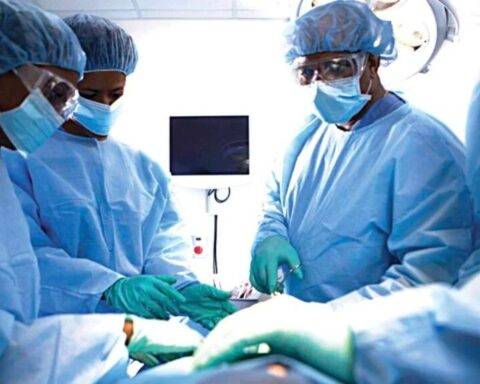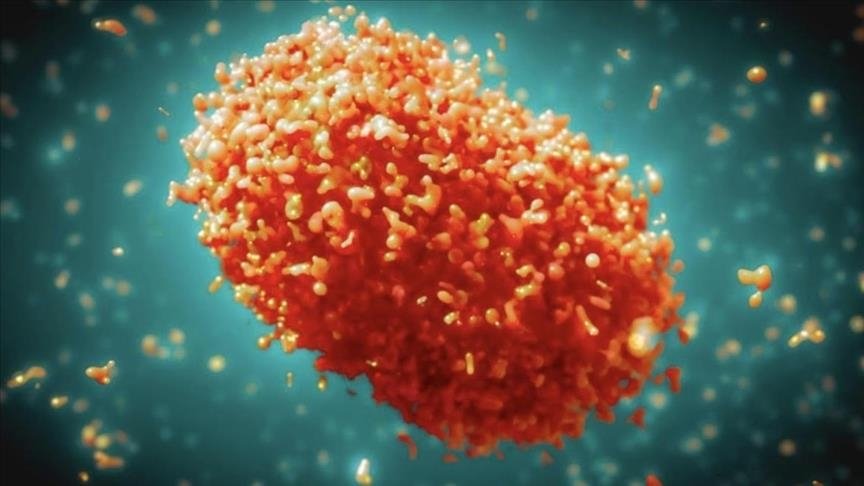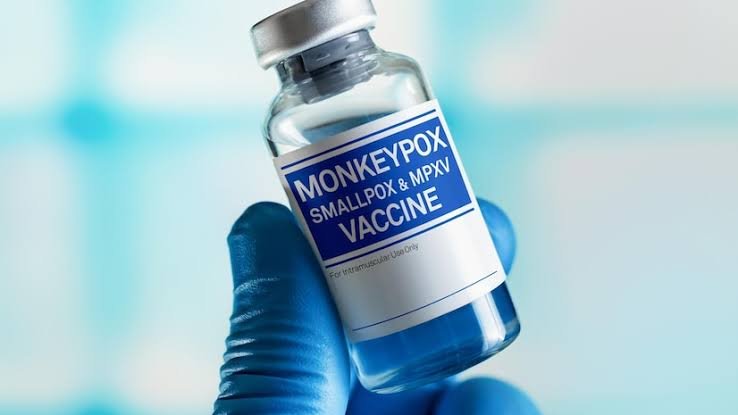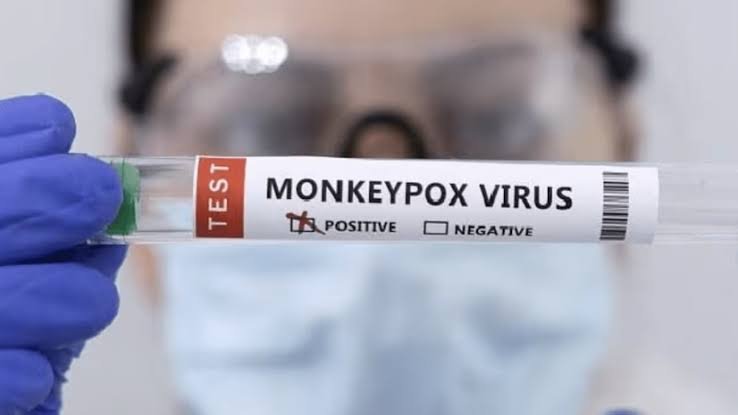A groundbreaking new IVF technique, utilizing DNA from three individuals, has successfully reduced the risk of eight babies inheriting debilitating genetic diseases from their mothers. The world-first trial in the UK has been hailed as a significant breakthrough, offering renewed hope for women carrying mutations in their mitochondrial DNA.
The findings, published Wednesday in the New England Journal of Medicine, detail the successful births of eight healthy babies conceived using mitochondrial donation. This innovative IVF method, approved in Britain in 2015, incorporates a small amount of healthy mitochondrial DNA from a donor egg alongside the mother’s egg and father’s sperm. While some have controversially termed these “three-parent babies,” researchers emphasize that the donor contributes only around 0.1 percent of the newborn’s DNA.
Mitochondrial diseases affect approximately one in every 5,000 births and currently have no cure. Symptoms can range from impaired vision and diabetes to severe muscle wasting. For families grappling with these often devastating conditions, this new technique presents a critical “reproductive option,” as noted by Nils-Goran Larsson, a Swedish reproductive expert not involved in the research.
The trial, conducted at the Newcastle Fertility Centre in northeast England, saw 22 women undergo the treatment, resulting in the birth of four boys and four girls, now ranging from under six months to over two years old.
Remarkably, in six of the babies, the amount of mutated mitochondrial DNA was reduced by an impressive 95-100 percent. For the remaining two newborns, the reduction was between 77-88 percent, well below the threshold that causes disease. These results strongly indicate the technique’s effectiveness in preventing disease transmission from mother to child.
While all eight children are currently healthy, researchers are continuing to monitor their long-term health. One child experienced a heart rhythm disturbance that was successfully treated.
Despite the promising results, mitochondrial donation remains a contentious procedure and has yet to gain approval in many countries, including the United States and France. Ethical concerns persist, with religious leaders opposing the destruction of human embryos involved in the process, and other critics raising fears of a slippery slope towards genetically engineered “designer babies.”
However, an ethical review by the UK’s independent Nuffield Council on Bioethics played a crucial role in enabling this research. Peter Thompson, head of the UK’s Human Fertilization and Embryology Authority (HFEA), stressed that only individuals with a “very high risk” of passing on a mitochondrial disease would be eligible for this treatment.
French mitochondrial disease specialist Julie Stefann highlighted the clear “risk-benefit ratio” for mitochondrial diseases, where the benefit is “obvious.” She contrasted this with its unproven application in infertility treatments, where ethical concerns regarding mitochondrial donation have also arisen in Greece and Ukraine.
Oxford University reproductive genetics expert Dagan Wells acknowledged that some scientists might be “a little disappointed that so much time and effort has, so far, only led to the birth of eight children.” He also pointed to the ongoing monitoring of three children who exhibited signs of “reversal,” a phenomenon where an initially successful therapy results in an increase of abnormal mitochondria by the time of birth, a process still not fully understood.
Nevertheless, the successful birth of these eight healthy children marks a significant leap forward in reproductive medicine, offering a tangible solution for families burdened by the specter of inherited mitochondrial diseases. The ongoing monitoring and further research will undoubtedly shape the future and broader acceptance of this revolutionary IVF technique.
